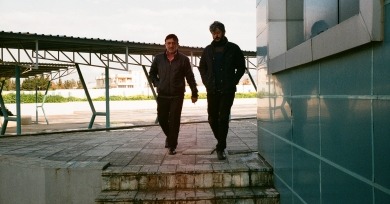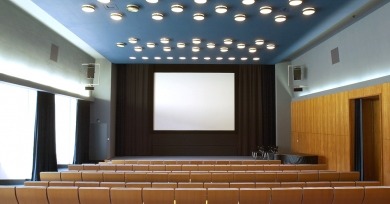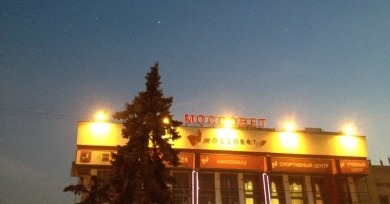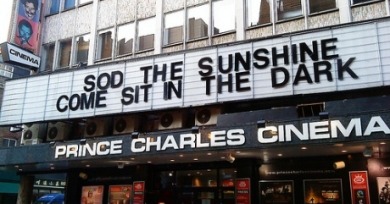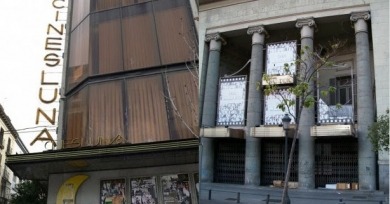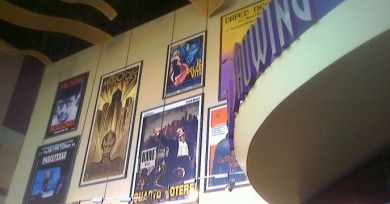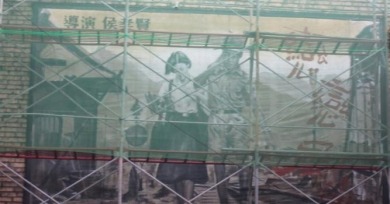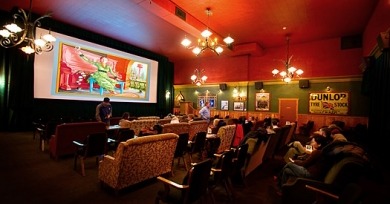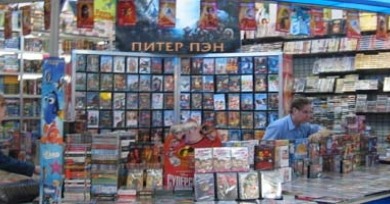Escape from New York
Many of Reverse Shot's staff writers and contributors come from and reside in locations all over the U.S. and beyond. Escape from New York is a column devoted to reminding us Manhattan-and-Brooklyn-centric moviegoers that we are not the world when it comes to cinephila.
I actively learned from what I saw at the Costa Rican International Film Festival: words, sensations, geographies, lost histories. And I learned even more from the artistic director, Fernando Chaves Espinach, a curator with a strong sense of where the fest has been and where it is headed.
To understand the origins of the Screenplay film festival, the annual highlight of the Shetland arts calendar that Hubbard continues to run with eyebrow-raising drive and stamina, it is useful to note that Shetland is historically (and understandably) an island of enthusiastic bookworms.
The troubled history and equally troubling current events are present at every turn. Last year the festival was canceled when over 100,000 refugees from Syria and other parts of Iraq flooded into Duhok.
The rampant gentrification experienced in Berlin over the last decade has taken a heavy toll on the city’s much-touted cultural diversity. Yet, one area that’s proved remarkably resilient is film—or, more specifically, film-watching.
As it’s struggled to maintain its independence and possibly its existence, the Cinema Museum has had to navigate between the idealized cosmopolitanism of international film culture and its country’s increasingly tenuous relationship with the outside world.
In the early nineties, London’s remaining rep cinemas were slashing prices and recycling their stock in the hope of staving off the inevitable. The market followed: an impoverished student with a bus pass, like me, could englut himself.
If being a cinephile—watching, thinking, talking, and writing about cinema—is at once a social and solitary activity, how could one begin to describe the paradoxical situation of an Iranian cinephile?
The biggest multiplex theater in Europe resides in Madrid, where I now live: Kinépolis, the crowning achievement of a European franchise of movie theaters based in Belgium.
It wasn’t until I moved to San Jose, California, that I first became aware of the idea of a community of fellow film-lovers. Up to then, movie-watching even in the most packed theaters had struck me as an essentially solitary act; these were secluded moments of thrilling discovery savored but seldom shared.
As someone who grew up with an awareness of being at the margins of a larger diaspora, I found the concept of an all-embracing Chinese-language cinema that could reflect the complexity and variety of life in overseas communities to be a major discovery.
Fair to say, my life in New York revolved around movies. It’s no wonder that leaving again—about two and a half years ago, I moved to Portland, Oregon, for the hell of it, ready for a new experience—felt almost like I was banishing myself from the film world.
Bootleg DVDs are popular everywhere, but Russian bootlegging is unique in that it’s basically legitimate (legitimacy here being a very fluid term). Though it’s technically illegal to make them, it’s apparently legal to sell them.


